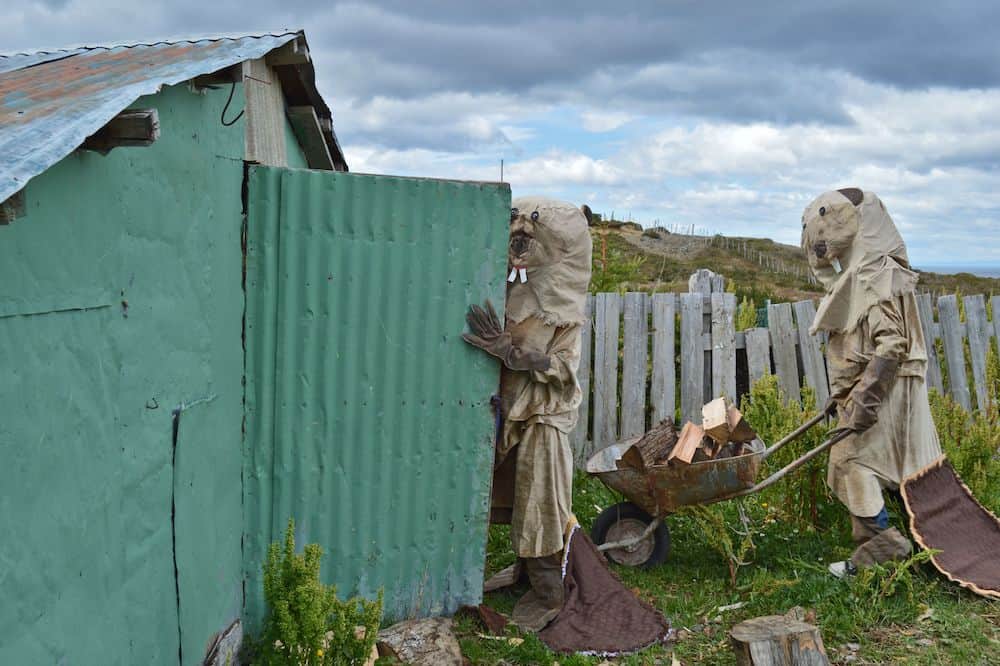By Jarrett Earnest, August 6, 2020
The work of Ensayos – a strategically covert group of artists, poets, historians, biologists, lawyers, sociologists, ecologists, activists, policymakers, and local community members, around the globe – is extremely difficult to summarize. And that’s just the way they want it. Their commitment to cultural and ecological complexity often takes cover in a poetics of illegibility, utilizing tactics from feminist pedagogies and experimental theater. For the past decade, this group of loose-knit collaborators have been working at the intersections of ecology, anti-colonial politics, and speculative fiction in a number of archipelagos: beginning in the Fuegian Archipelago (Chile and Argentina) and soon spreading to sites in Norway, Australia, and New York City, building long-term relationships with specific landscapes and the people who live and work there, in ways that only occasionally become visible to the outside. In the process, Ensayos has developed its unique practice blending somatic exercises, audio-visual storytelling, and physical exhibitions, into hybrid forms they term “eco-fictions.”
An ongoing technique has been their use of quixotic “scores” enacted back and forth between artists and scientists. In Tierra del Fuego, for instance, Ensayos educated itself on the presence of beavers, which have been dubbed an “invasive species,” by giving human-scale beaver costumes to ecologists in order to film themselves in the landscape, and sending artists to do field research on scents used in territorial communication – all culminating in a project at the Institute for Art and Olfaction, in 2015.
Ensayos is currently making a rare artworld appearance as the inaugural “digital artists in residence” at the New Museum in New York. Originally planned as a physical residency on the museum’s fifth floor, the tactics Ensayos has developed enables a seamless transition into the digital space of the global pandemic. For ENSAYOS: PASSAGES, at the New Museum, the group rallied collaborators to co-write and rehearse a performative experiment, Cúcu and her Fishes, which will debut on September 1st, 2020. Crafted for the “theater” of Zoom, the livestream re-envisions Cuban-American playwright María Irene Fornés’s Fefu and Her Friends (1977), a play that follows a group of socialite philanthropists engaged in a fundraising scheme; their new version doubles as an actual fundraiser for peat bog conservation. Ensayos has also released three new podcasts titled “Hydrofeminist METitations,” each show led by a different group of ensayistas based in Norway, Australia, and the Americas. The collective is also premiering the second season of its fragmentary web series DISTANCIA, which follows the activists, scientists, and artists on the road in Tierra del Fuego, pursuing questions that belong in that archipelago.
In this conversation with Ensayos co-founders, theorist-curator Camila Marambio and artist-educator Christy Gast, we speak about what they’ve learned from their years of collaborating across the digital divide while staying rooted in the specifics of physical place, and well as the role – and limitations – of empathy in telling cross-cultural histories, following what they call “the ethics of the visitor.”

